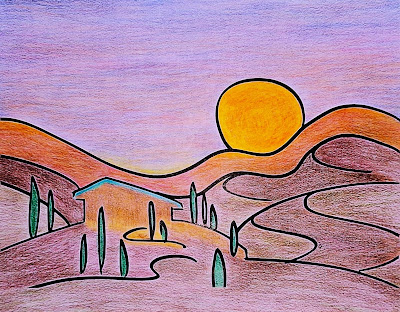[originally untitled]
Posting this for Lent, though it does not have specifically Lenten language. Lent, besides reflecting on our personal sinfulness, is often a time of renewal, of seeking a new path. This poem hints at the need to do that, lest we flounder with no good purpose.
#127
The Bone that has no Marrow,
What Ultimate for that?
It is not fit for Table
For Beggar or for Cat.
A Bone has obligations —
A Being has the same —
A Marrowless Assembly
Is culpabler than shame.*
What Ultimate for that?
It is not fit for Table
For Beggar or for Cat.
A Bone has obligations —
A Being has the same —
A Marrowless Assembly
Is culpabler than shame.*
*A bone without marrow leaves nothing for a creature to eat. A bone without marrow cannot fulfill its obligations of holding up the body. A person who similarly can't hold up their obligations is shameful.
**The poet asks how creatures (people) without this structure can remake themselves. She revisits John chapter 3 where Jesus tells Nicodemus that a person must be "reborn" of the Spirit to enter the Kingdom of God. Nicodemus is puzzled. Jesus says the Holy Spirit has to do the transforming. Sometimes John chapter 3 is read during Lent.



%20.jpg)






